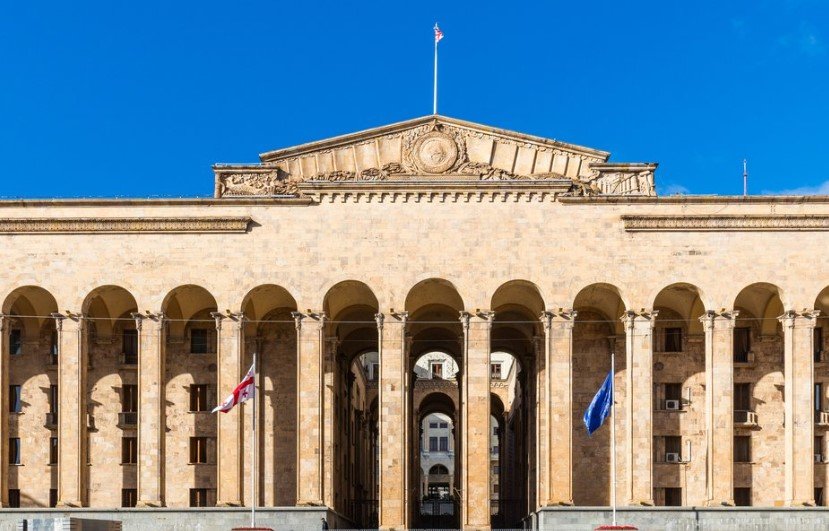In a significant move, 121 non-governmental and media organizations in Georgia have filed a lawsuit against the controversial law “On Transparency of Foreign Influence.” The plaintiffs argue that the law, often referred to as the “Russian law,” is unconstitutional and restricts fundamental rights. They have requested the Constitutional Court to suspend the law’s validity until the case is resolved. This legal action is seen as a critical step in protecting civil liberties and ensuring the country’s democratic integrity.
NGOs Unite Against Controversial Law
The coalition of NGOs and media organizations has come together to challenge the law, which they believe undermines the right to freedom of association and expression. The law, enacted on June 3, labels grant-receiving organizations as “carriers of the interests of a foreign power.” This designation has raised concerns among civil society groups, who argue that it creates a hostile environment for their operations. The plaintiffs are determined to use all available national and international mechanisms to halt the law’s implementation.
The lawsuit has garnered significant attention, with many viewing it as a pivotal moment for Georgia’s democratic future. The plaintiffs have also announced plans to take their case to the European Court of Human Rights if necessary. This move underscores the seriousness of their commitment to overturning the law and protecting civil liberties in Georgia.

Impact on Georgia’s Euro-Atlantic Integration
The adoption of the “Russian law” has had far-reaching implications for Georgia’s aspirations of Euro-Atlantic integration. The law’s implementation has led to a halt in the country’s integration process with the European Union. Both the EU and the United States, a strategic partner, have imposed sanctions on the Georgian authorities in response to the law. These sanctions have further strained Georgia’s international relations and raised concerns about the country’s commitment to democratic principles.
The plaintiffs argue that the law contradicts Article 78 of the Georgian Constitution, which is a cornerstone of the country’s Euro-Atlantic integration efforts. They hope that the Constitutional Court will recognize the law as unconstitutional and suspend its validity. The outcome of this legal battle will have significant implications for Georgia’s future on the international stage.
Civil Society’s Determination to Fight
Despite the challenges posed by the “Russian law,” Georgia’s civil society remains resolute in its fight for democratic values. The coalition of NGOs and media organizations has vowed to continue their efforts to overturn the law and protect civil liberties. They have emphasized the importance of solidarity and collective action in this struggle.
The plaintiffs have also highlighted the broader implications of their legal battle. They argue that the law sets a dangerous precedent for other countries in the region, where similar measures could be adopted to stifle civil society. By challenging the law, they hope to send a strong message about the importance of protecting democratic values and human rights.
